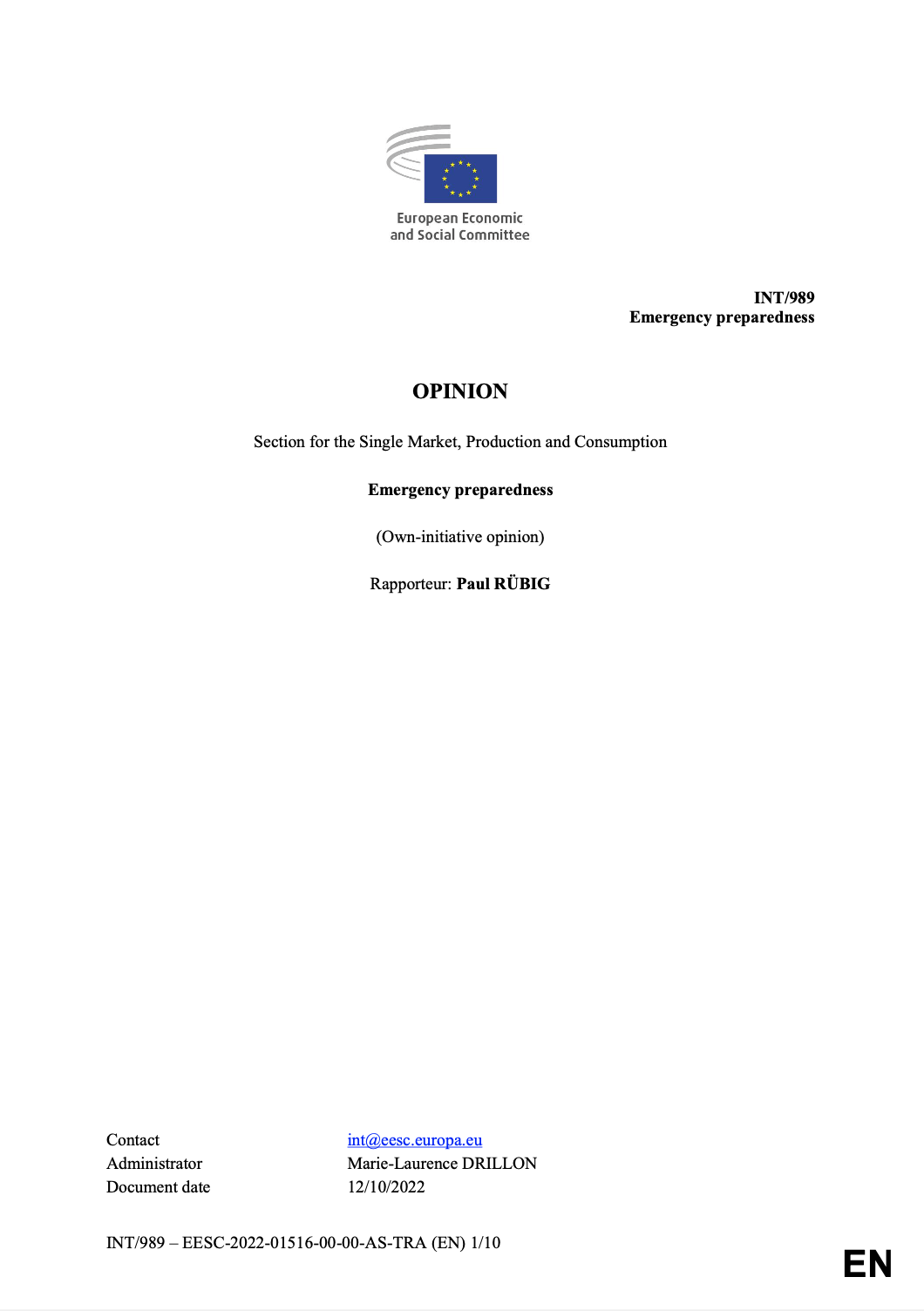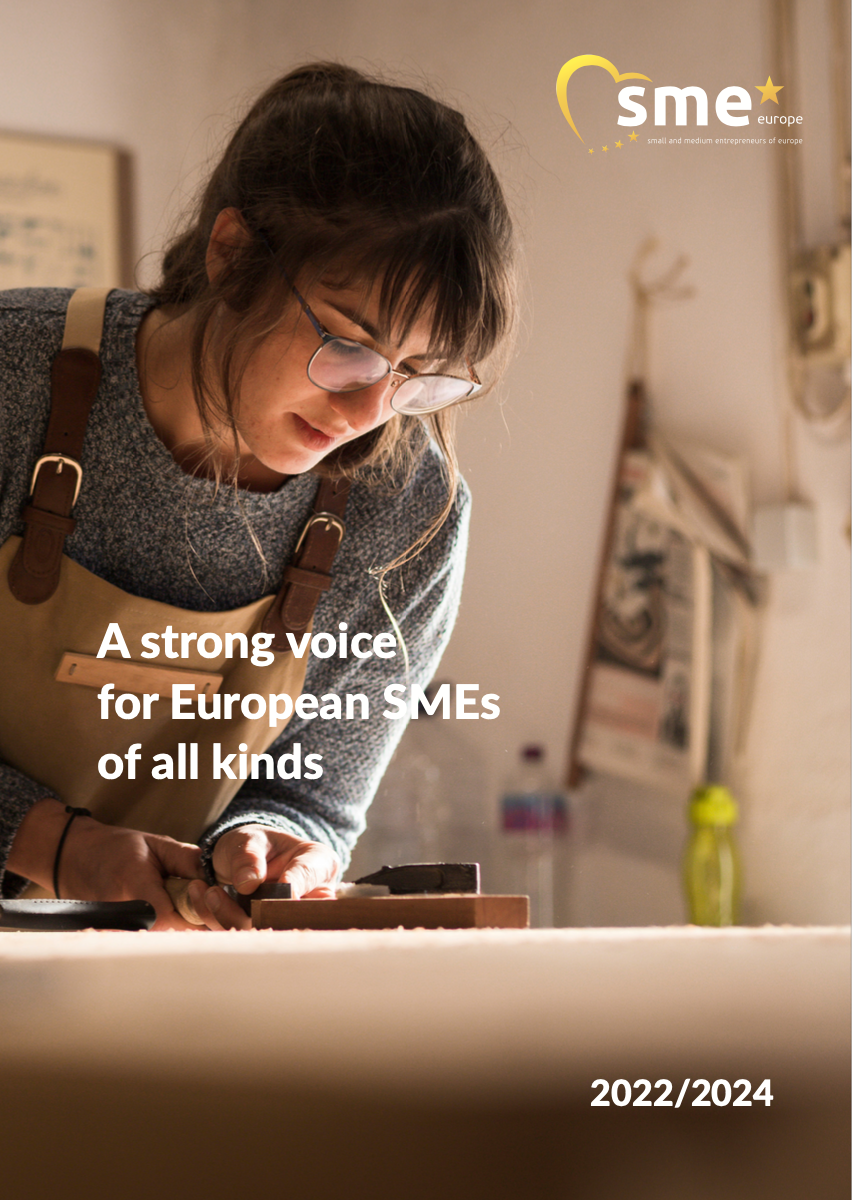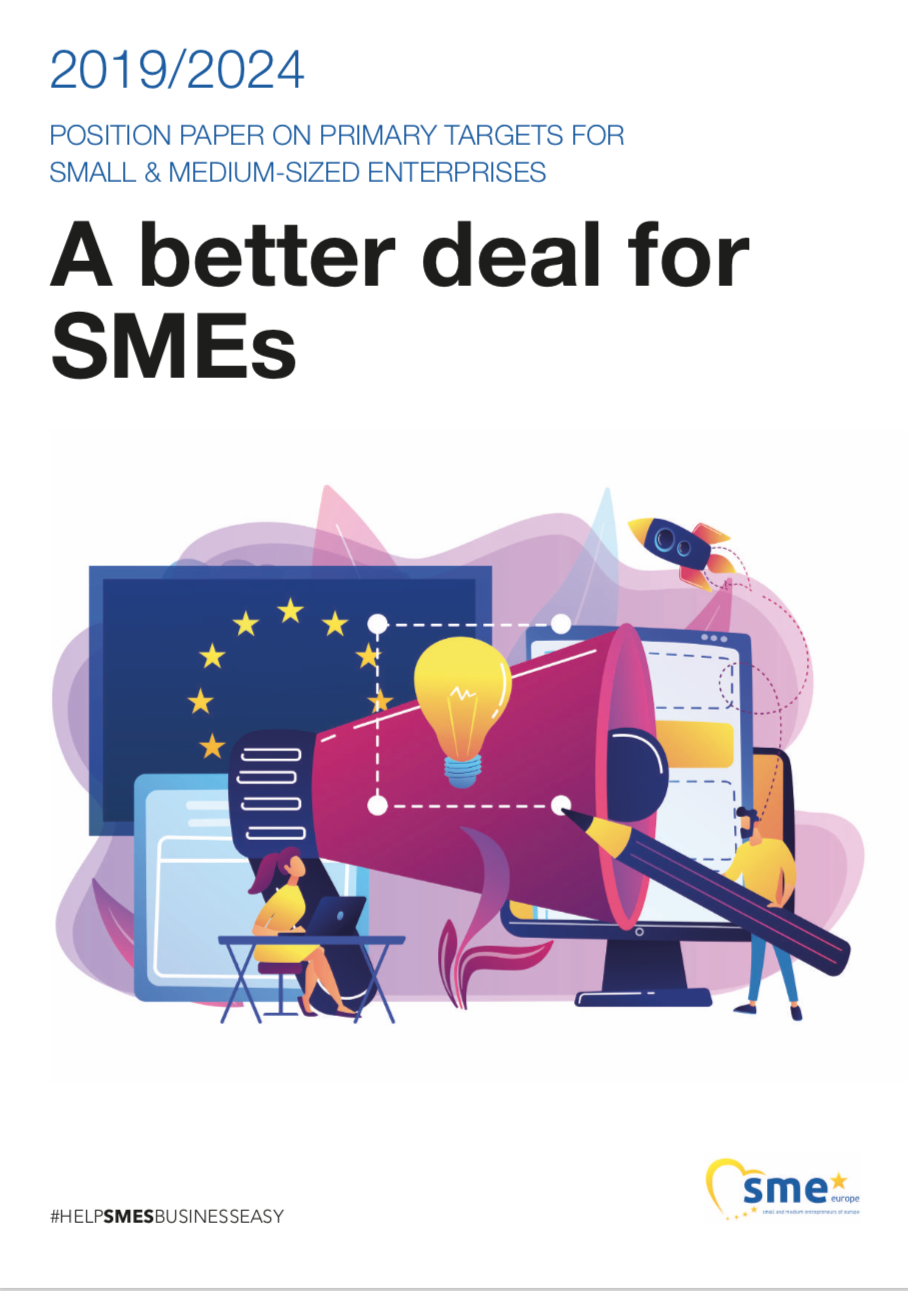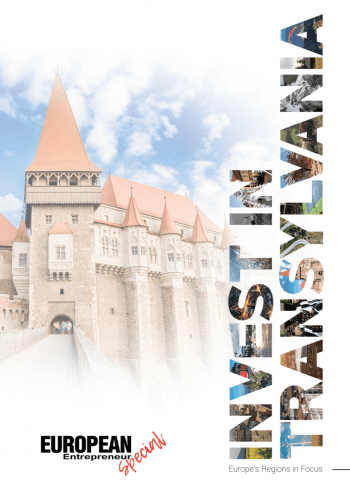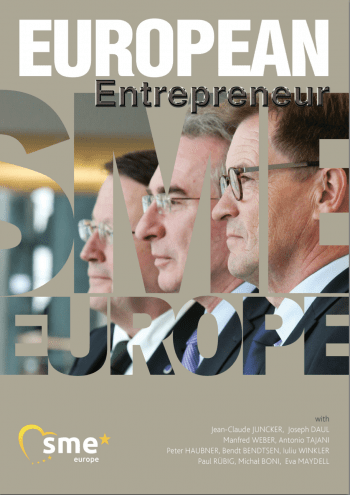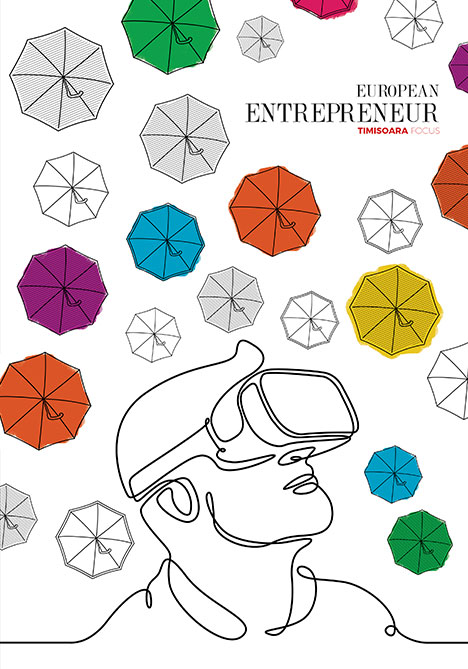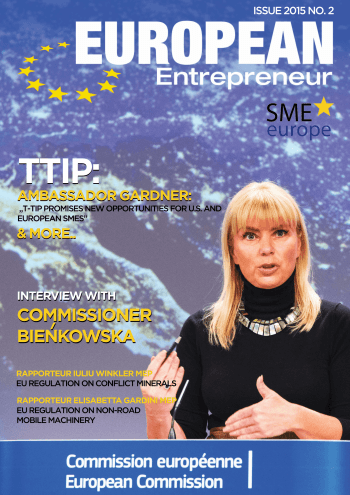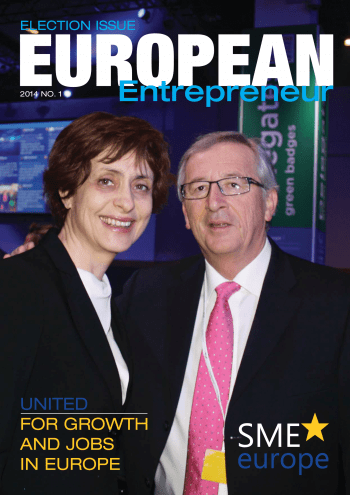Privacy Policy
Disclaimer
SME Europe of the EPP maintains this website to enhance public access to information about its initiatives. Our goal is to keep this information timely and accurate. If errors are brought to our attention, we will try to correct them. This privacy policy will explain how our initiative uses the personal data we collect from you when you use our website.
Your Privacy
When you visit any website, it may store or retrieve information on your browser, mostly in the form of cookies. This information might be about you, your preferences or your device and is mostly used to make the site work as you expect it to. The information does not usually directly identify you, but it can give you a more personalised web experience.
Because we respect your right to privacy, you can choose not to allow some types of cookies. Click on the different category headings to find out more and change our default settings. However, blocking some types of cookies may impact your experience of the site and the services we are able to offer.

